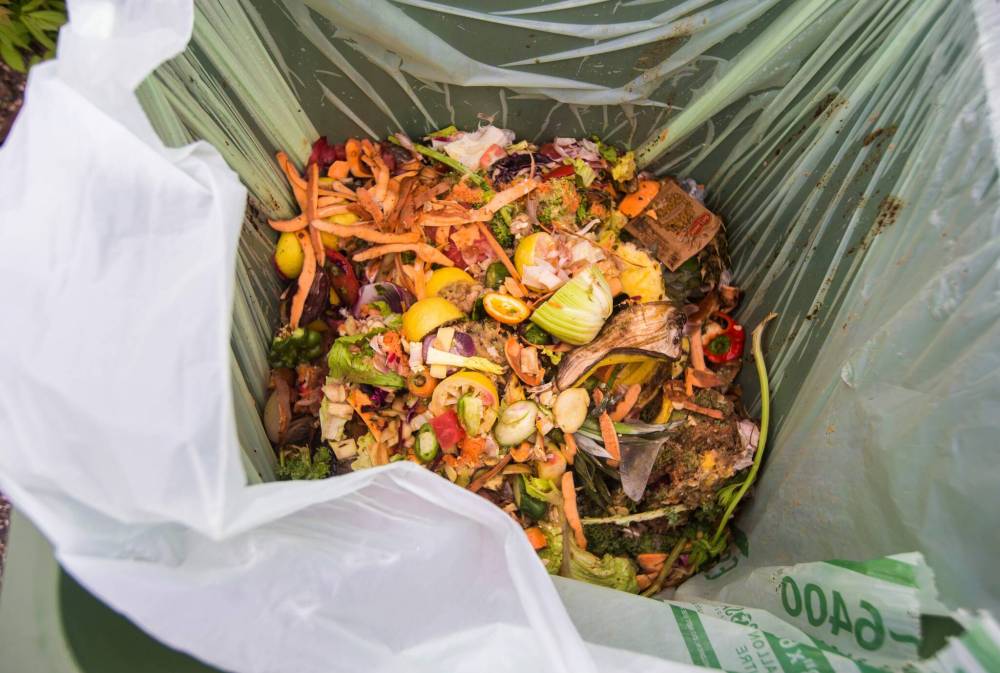
Australia will pay third-party countries to accept former immigration detainees who cannot be deported to their home nations under Labor’s response to the High Court ruling that has unshackled non-citizens with criminal records from electronic monitoring devices and freed them from curfews. Immigration Minister Tony Burke’s new laws would also allow the federal government to re-detain people once they are accepted for resettlement in another country, escalating Labor’s efforts to deal with the political fallout from last year’s NZYQ case, which released 224 former immigration detainees into the community. Tony Burke has introduced legislation that would allow Australia to pay third countries to accept former immigration detainees who cannot be deported.
Credit: Alex Ellinghausen Under laws introduced to parliament on Thursday, if a non-citizen is granted entry to a third-party country under an arrangement facilitated by the government, then their bridging visa will cease to exist. That person then “may be taken into immigration detention ..
. and may be liable to be removed”, according to an explanation of the laws. The removal powers will be debated in the year’s final fortnight of parliament later this month and loom as a fresh test for the government, after Labor’s previous attempt to introduce a deportation bill that threatened jail time was blocked by both the Coalition and Greens because of humanitarian concerns and hasty drafting.
Burke on Thursday stressed the government was prepared for Wednesday’s High Court ruling – in which a majority of justices found ankle bracelets and curfews were punitive and therefore unconstitutional – although he would not reveal in question time how many people were now living without the restrictive conditions that Labor rushed through in December last year. Loading Text messages seen by this masthead show some of the 150 former detainees in ankle bracelets and 130 people subject to 10pm-to-6am curfews – most of whom have serious criminal convictions – have been told those conditions on their bridging visas are no longer valid. “The monitoring of your device has stopped and curfew does not apply to you.
You will be contacted by the Australian Border Force to make arrangements to remove the device. Please do not attempt to take the device off yourself. Removal will be undertaken by an authorised office,” they were told.
Burke on Tuesday signed off on rules that will reinstate an electronic monitoring and curfew regime, but require a higher threshold. “Obviously people have to be tested against it, but the regulation takes immediate effect,” he said..











